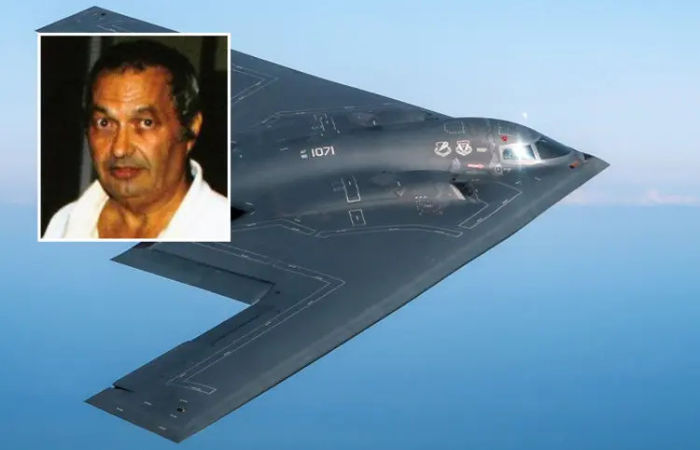Know about Indian-origin engineer who built B-2 bomber, later jailed for leaking bomber stealth tech to China

United States’ ‘Operation Hammer’ on Iranian nuclear sites using stealth bomber aircraft Northrop B-2 Spirit has brought to light the story of an Indian-origin engineer.
Indian-born engineer Noshir Sheriarji Gowadia, who played a key role in developing the stealth propulsion system for the US B-2 Spirit bombers, was later sentenced to 32 years in prison for leaking classified US military information to China.
Indian roots
Born in Mumbai, Gowadia moved to the US in 1960. Gowadia worked at Northrop Grumman for nearly two decades (1968 to 1986). He became a US citizen in 1969 and continued working on government projects until his security clearance was revoked in 1997. He was arrested in 2005, as per reports.
Dream job
Gowadia was a design engineer at Northrop Grumman Corporation and contributed to developing technology that reduced the radar, infrared, and visual signatures of B-2 Spirit bombers.
This included a special exhaust design and radar wave-absorbing materials. His technology made it extremely difficult to detect the B-2 bomber on radar.
Fall from grace
However, Gowadia was accused of visiting China between 2003 and 2005 and working on missile designs there. Gowadia allegedly received about $110,000 (approximately ₹91 lakh), with which he allegedly paid off the loan for his luxurious house on the island of Maui.
According to the official website of the US Air Force, Gowadia visited the aircraft testing facility during his visit to China, where he pointed out design flaws and technical defects. In addition, he also gave presentations and briefings on the missile exhaust system and its heat signature.
As per reports, the development of China’s long-range stealth bomber H-20 has been directly linked to the information provided by Gowadia. Although Chinese officials officially announced the H-20 bomber in 2016, experts believe that it was built in the early 2000s.
According to the US Air Force website, in 2010, Gowadia was found guilty of 14 of 17 federal charges, including espionage, violations of the Arms Export Control Act and other serious crimes.
It is alleged that Gowadia’s actions have harmed US national security and have given China access to sensitive stealth technology.
The evidence also proved that Gowadia had given secret information related to the TH-98 Eurocopter to a foreign government official in Switzerland and also sent secret information to companies in Germany and Israel.
Those who defend Gowadia believe that the engineer had only shared publicly available information and that the US government had later announced that information as ‘classified’.

